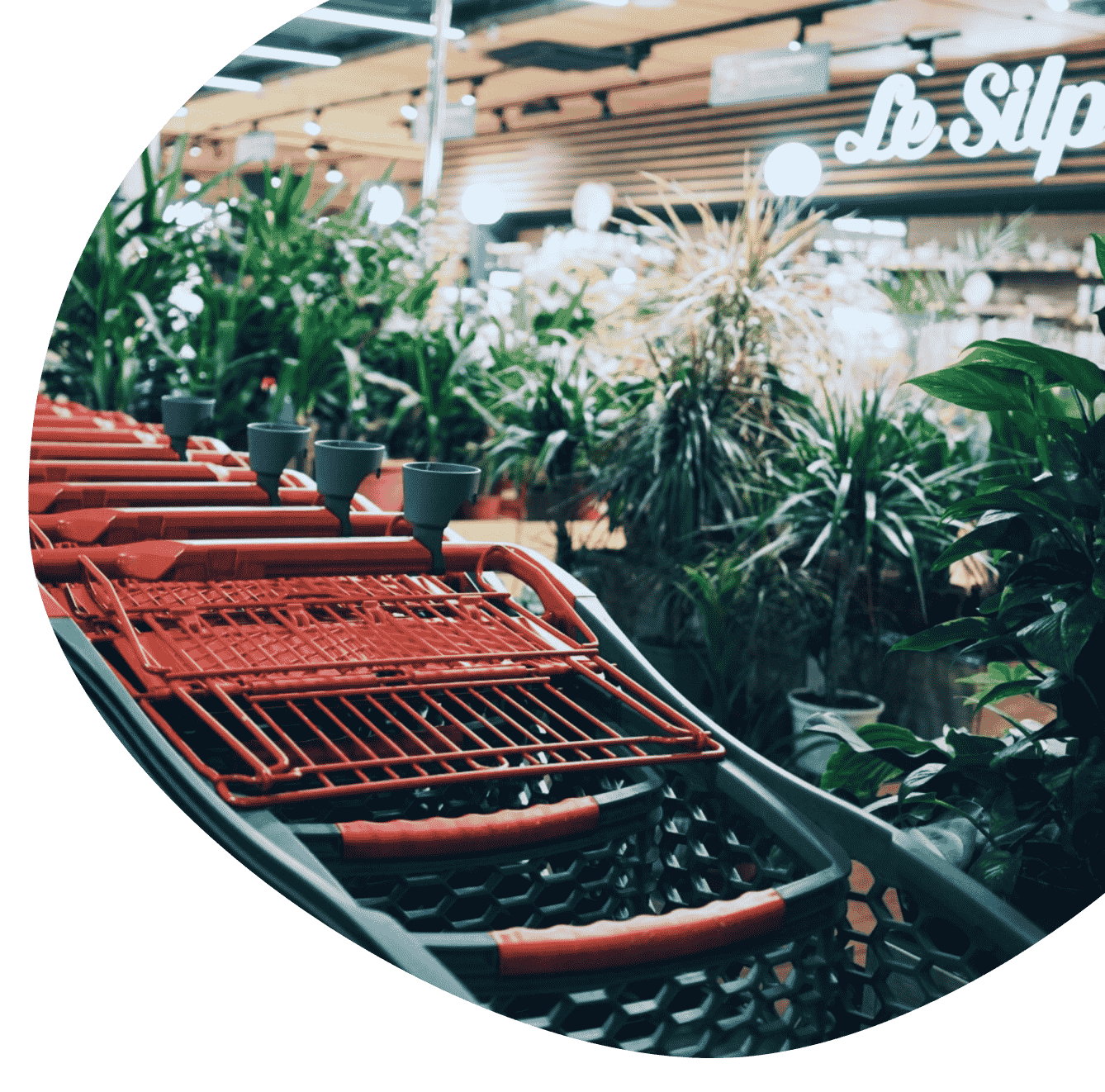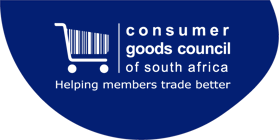
What We Do
The Consumer Goods Council of South Africa (CGCSA) offers member value through the provision of services that include:
- Product labelling advisory
- Global standard barcoding and trusted data management
- Regulatory advice and advocacy
- Sustainability guidance and advisory
- Food safety, food quality and food waste advisory
- Crime risk management, trends analysis and best practice
- Skills development and training
- Industry representation through media engagements
- Consumer awareness
- Facilitation of non-competitive industry collaborations
- Sharing of best practice standards for the industry
- Engagement with government departments and regulatory agencies
CGCSA members can access the following services to enable their businesses to grow and thrive in an ever-changing environment:
- GS1 South Africa
- Food Safety & Sustainability Initiative
- Legal, Regulatory & Stakeholder Engagement
- Consumer Goods Crime Risk Initiative
- Training Transformation & Development
Learn more about us by downloading our brochure: CGCSA Services Brochure
FSSI is a leading platform for engagement and collaboration on food safety, quality, nutrition, health and wellness and related regulatory matters in Southern Africa
- The FSSI is dedicated to promoting the safety, responsible and sustainable production, importation, labelling, marketing, and selling of food and beverages.
- We provide guidance and expert advice to help our members comply with existing technical legislation and standards relating to food safety, product composition, quality, ingredients, additives & processing aids used in the manufacture of such products.
- We actively engage with regulators, advocate on behalf of members and collaborate with other key stakeholders in matters related to legislation, science and technology.
- Food Safety
- Food Quality & Trade
- Nutrition, Health & Wellness
- Food Loss & Waste and
- Environmental Sustainability
-
Our governance of these pillars entertains matters which are scientific, technical and are non-competitive in nature. We do this through best practice sharing, guidelines, information sessions, facilitation of goal and action-oriented initiatives and hosting expert level technical working groups.
FSSI Initiatives:
- South African Food Loss & Waste Initiative (SA-FLWI)
- Healthy Food Options Industry Initiative (HFOII)
- Consultancy & Training workshops
- SMME support and development (Food & Beverage)
- Climate Change & Sustainability Roadmap
- Food Fraud Industry Plan
- Trade Barriers Plan
Core pillars centre on:
The CGCRI is a platform that facilitates collaboration between the retail value chain & law enforcement for purposes of mitigating crime threats facing the industry. The focus areas include, but is not limited to:
- Burglaries
- Armed Night Robberies
- CIT incidents
- Fraud
- Theft
- Truck Hijackings
- ATM Attacks
- Illicit Trade & Counterfeit
- Kidnappings & Extortion
- Public unrest
- And any other crime related issue as identified by members
This is achieved by offering a collaborative platform that addresses risks that include crime, civil disobedience, cyber-crime, bomb threats and terrorism.
CGCRI also focuses on the collection, analysis and sharing of non-competitive crime information to develop effective strategies, best practices and industry guidelines, which is done in close liaison with the Law Enforcement. How this is achieved:
- Through information managements & analysis
- Lobbying law enforcement & government on behalf of members
- Cross industry Engagement
- Development of Standard Operating Procedures (SOP’S)
- Drafting of industry best practices
The unit also forges partnerships with other relevant industries, in particular banking, petroleum, pharmaceutical and security for purposes of information sharing and collaboration.
CGCRI Initiatives:
- MANCOM (Retail FMCG Industry)
- Shopping Centre Initiative
- Jewellery Initiative
- Manufacturing Initiative
- Anti Illicit & Counterfeit Trade Desk
This platform supports transformation as a business imperative to contribute positively towards society. Positioning skills development at the core of employability.
Employment & Transformation
- Nedlac Representation
- BUSA Representaion
- Department of Employment and Labour Stakeholder Engagement
Training and Development:
- Seta Stakeholder Engagement and Representaion
- Professional Designations
- Supply Chain Effeciencies
- Introduction to Retail
- Food Handling
- Customer Care
The role of the LRSE department is to shape the legal, regulatory and policy environment through advocacy and lobbying of key decision-makers to enable our members to trade better. We build and maintain strategic relationships with key and identified stakeholders to create an enabling environment for the viability and sustainability of the sector and our member organizations.
“We aim to create a supportive FMCG ecosystem, advocating for our members as a united voice of the industry on non-competitive matters” LRSE performs the following tasks:
- Anticipates and manages policy and regulatory risks through a risk register approved by the Policy and Advisory Committee and the CGCSA statutory board.
- Facilitate conversations aimed at influencing decisions, change perceptions and behaviour of government, the media and other key stakeholders, to drive innovation and support the retail industry.
- Mitigation of policy/regulatory risks on behalf of members and provides written submissions to influence outcomes.
GS1 South Africa believes in the power of standards to transform the way we work and live, from retail to healthcare, fresh food, food services and logistics. We create a common foundation for business by uniquely identifying, accurately capturing and automatically sharing vital information about products, locations and assets. We enable visibility through the exchange of authentic data. We empower businesses to grow and to improve efficiency, safety, security and sustainability.


